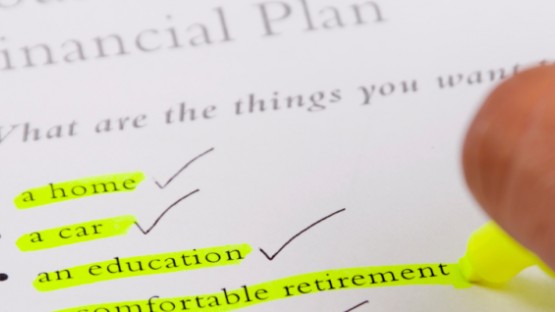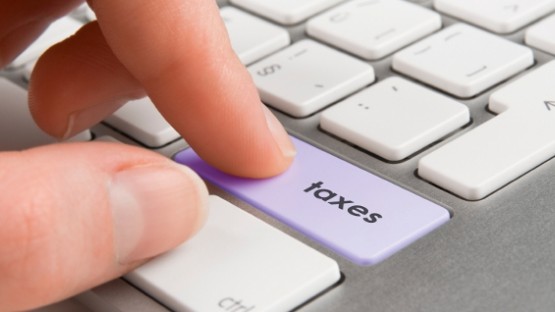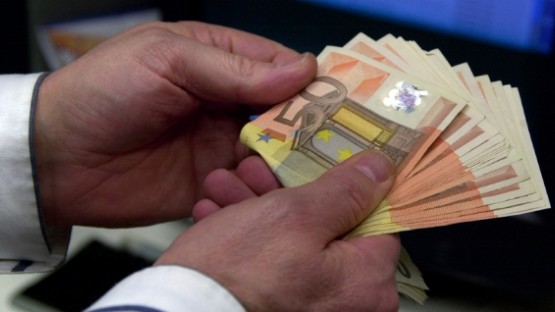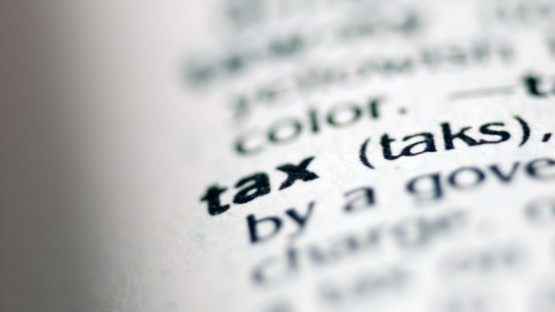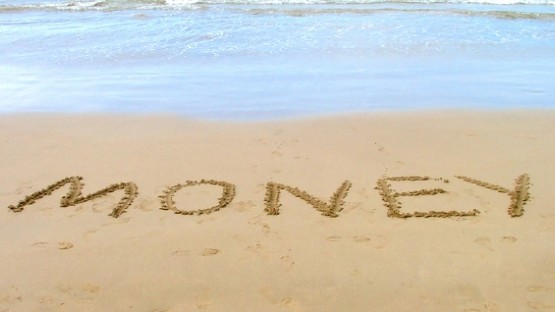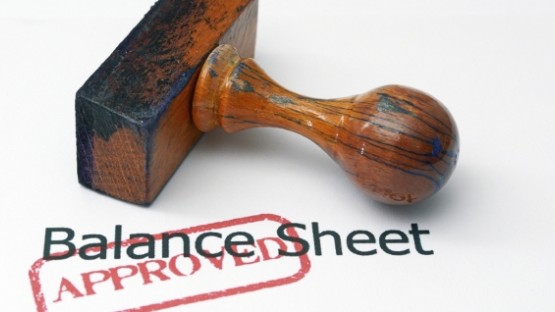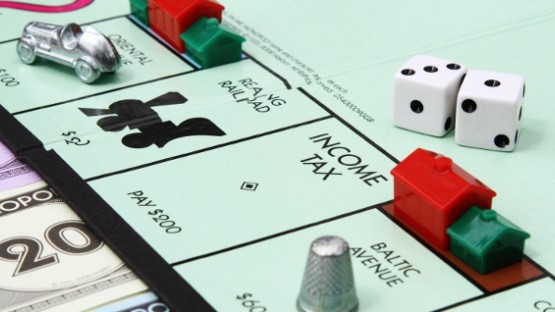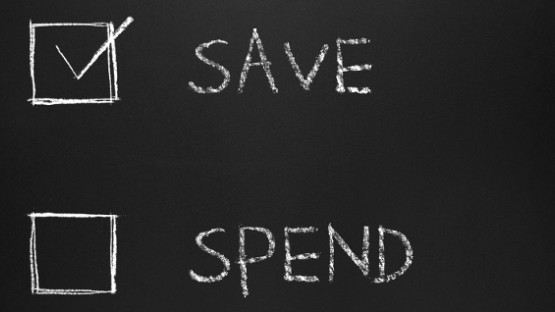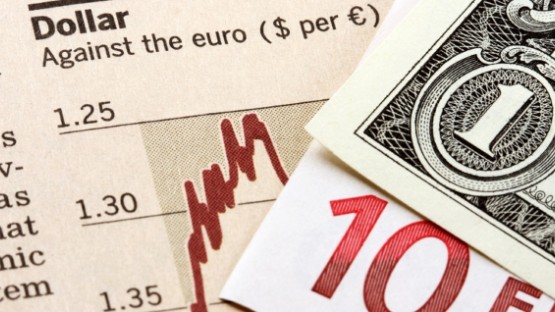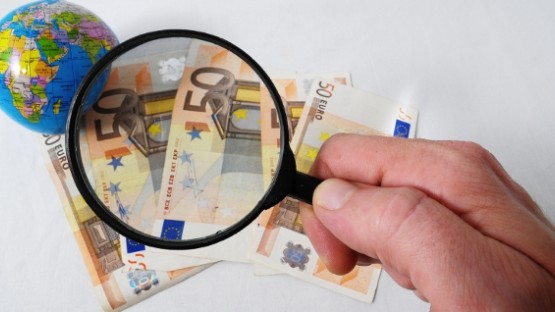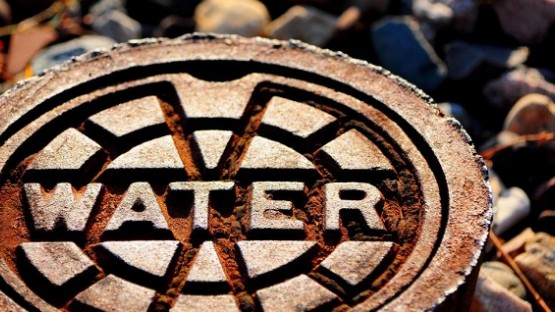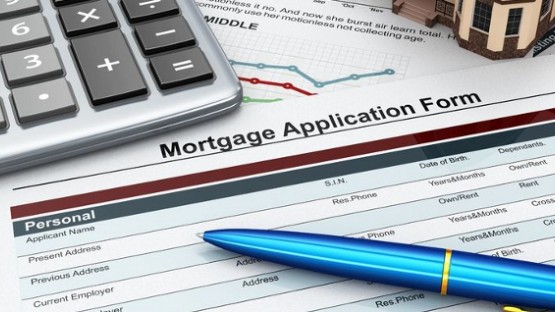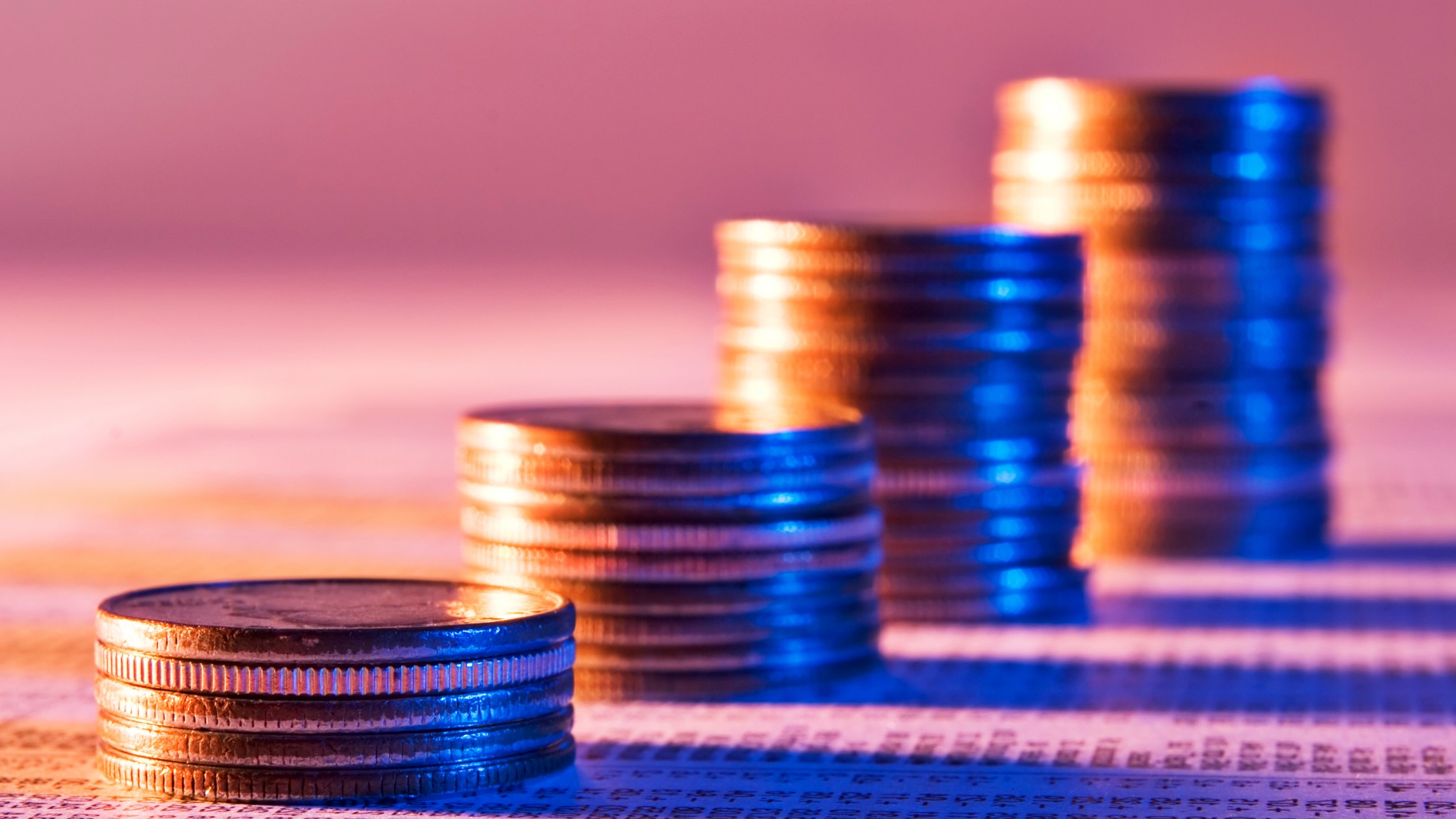
Looking for info on expat finance?
Foreign Currency Exchange
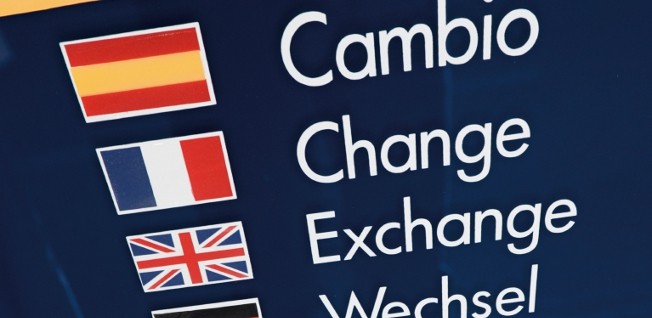
Even if you decide to use international money transfer to wire most of your money abroad, you can hardly avoid exchanging currency at one point or another. Especially if you move overseas on a small budget, it is important to shop around for good offers.
The amount you wish to exchange also determines where you should turn to for the best deals. If you are moving abroad long-term or even for good, you will most likely need to exchange big lump sums. However, if you just plan to travel abroad for a fact-finding trip, the question is whether you should exchange your money at home or upon arrival.
Exchange Fees and Rates – Research Is Key
If you wish to exchange a big sum ahead of time, you should enquire at your bank or at currency exchange centers. Make sure to do your research and shop around for the best deals. Exchange rates usually change daily and sometimes even fluctuate throughout the day. Thus, you should make sure that you have a clear idea of the current exchange rate. You will be able to negotiate with your bank or currency exchange provider and, in any case, be sure not to get ripped off. Still, it is important that you do not just pay attention to the exchange rate. After all, commission and other (more hidden) fees might make a huge difference. It also helps to make as few transactions as possible to keep fees to a minimum.
If you just need a little change to get by, it makes sense to use your debit card to withdraw money upon arrival. The rates are often better than those of foreign exchange counters. If your bank has an agreement with a partner institution abroad, you might be able to avoid transaction fees altogether.
In some countries, traveler’s checks are an accepted payment method or can be exchanged at a reasonable rate. In others, using your credit card for smaller purchases might be the better choice. In any case, research is key, as finding the best method of exchanging currency might save you a lot.
Things to Keep in Mind
While you might be used to carrying only very little cash and paying with your credit card, you might not be able to avoid exchanging some money. As we mentioned above, the method of exchanging currency largely depends on the amount you wish to exchange and the country where you plan to do so. Still, there are some things you need to keep in mind.
First of all, try to avoid the exchange bureaus at airports or in major tourist areas, even if they promise you a “no-fee exchange” or “0% commission”. These places try to attract gullible tourists with misleading claims of offering the best deals. In reality, however, they hide their fees in poor exchange rates. You will end up paying way more than you would have if you had simply withdrawn money from an ATM.
While your credit card may prove to be particularly convenient when it comes to small purchases, it should be handled with care when it comes to cash withdrawals. Most credit cards come with an international transaction fee of between 1% and 3%. If you withdraw money from an ATM, you will be charged very high interest and a hefty fee on top of that. Unless it’s a case of emergency, try to only use your debit card for ATM withdrawals and stick to your credit card for smaller purchases. (It also makes sense to inquire about international transaction fees ahead of time.)
